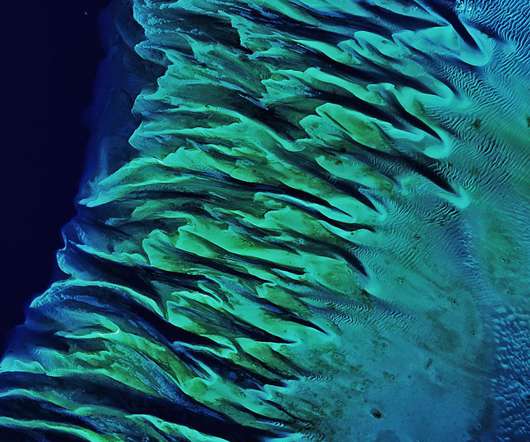DOE-sponsored drilling projects demonstrate significant CO2 storage at three sites
Green Car Congress
MAY 4, 2012
Evaluation-related test drilling at geologic sites in three states that could store a combined 64 million metric tons of CO 2 emissions—an important component of carbon capture, utilization and storage (CCUS) technology development—has been completed in projects supported by the US Department of Energy (DOE).












Let's personalize your content